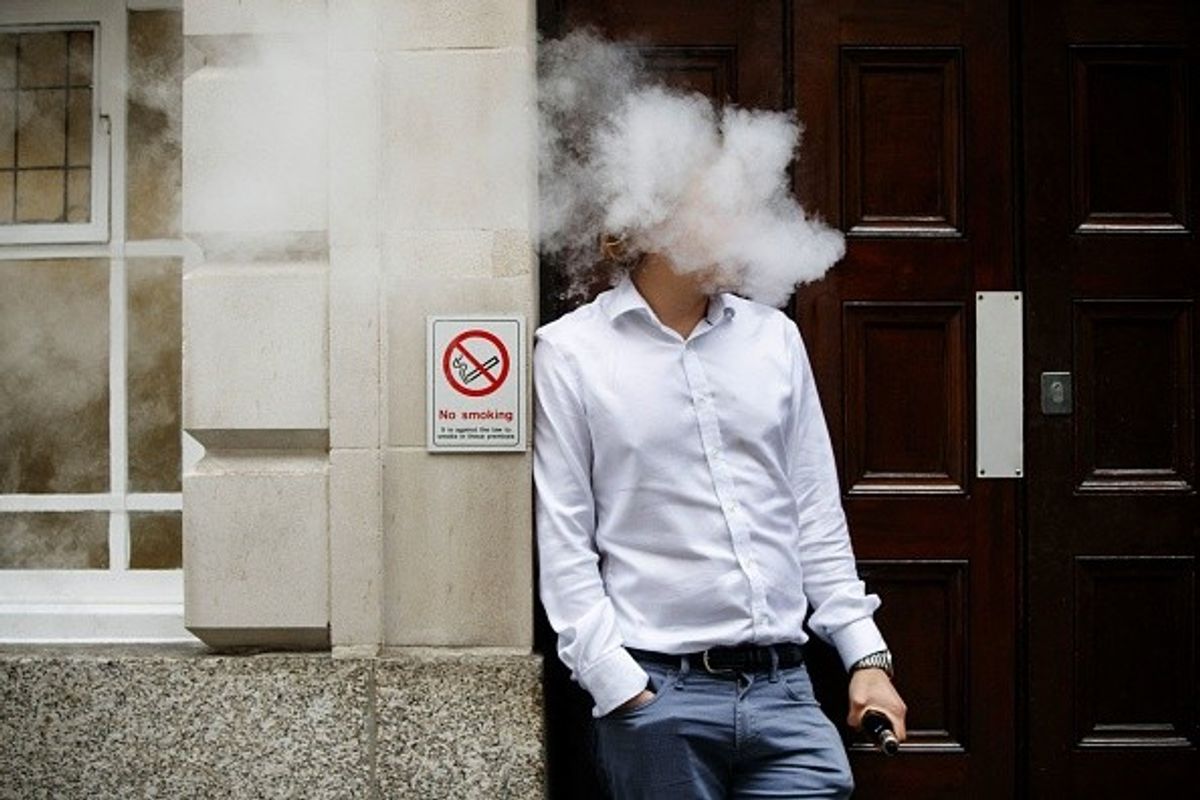Giving a mixed welcome to Tobacco and Vapes Bill introduced in the parliament today (5), trade association for the UK vaping industry Independent British Vape Trade Association (IBVTA) has highlighted the need to balance restricting access of vaping to young people with ensuring adults who smoke can access the most popular and effective tool for quitting.
The Bill introduced in Parliament today (5) comes after separate legislation that will ban single use vapes from June next year. A further announcement that liquid used in refillable vapes and prefilled pods will be subject to a duty of £2.20 per 10ml came in the Autumn Budget last week.
As well as banning the sale of tobacco products to anyone aged 15 or younger this year, the Tobacco and Vapes Bill carries over other elements of similar plans from the last Conservative government. The previous Bill ran out of time and fell before the general election.
This sits alongside a ban in the new Bill on vape advertising and sponsorship, as well as powers to restrict the flavours, display and packaging of all types of vapes, as well as other nicotine products.
Additional new measures from the Labour government include powers to extend the indoor smoking ban to specific outdoor spaces: with children’s playgrounds, outside schools and hospitals all being considered, subject to consultation. Wes Streeting is also considering including vaping within the smoking ban in some indoor spaces.
The Bill will also include powers to introduce a licensing scheme for retailers to sell tobacco, vape and nicotine products in England, Wales and Northern Ireland, and will introduce on the spot fines of £200 to retailers found to be selling these products to people underage.
Chair of the Independent British Vape Trade Association, Marcus Saxton, said, “There are things to be welcomed in this Bill, such as strengthened powers of enforcement against retailers who engage in illegal sales. However, there is also a danger that with so many legislative avenues being sought to reduce youth uptake of vaping, ‘regulatory overkill’ may hamper the future of vaping as the UK’s leading quit aid for adults.
“The IBVTA looks forward to working positively and progressively with the Government to ensure that vaping becomes less accessible and desirable to children, and to adults that would not otherwise be smoking. However, this can only be considered successful in the context of continuing the decline in adult smoking rates that has accompanied the growth of the UK’s vape sector.
“Excessive restrictions on the types of products that our members can provide may reduce the products’ appeal. Even worse, they may contribute to continued misperceptions about the harm of vaping relative to tobacco smoking. Specifically, the role of flavours in supporting adult smokers to a successful quit attempt is accepted and understood by most public health stakeholders, and we believe to have been fundamental to the success of vaping in reducing smoking rates. Therefore, any reference to potential powers to restrict flavours is very worrying, as it threatens the government’s own goal of the UK becoming smoke free by 2030.
“It is vital that more smokers understand that switching to vaping is of much lower harm, and can help them to quit smoking for good.”


